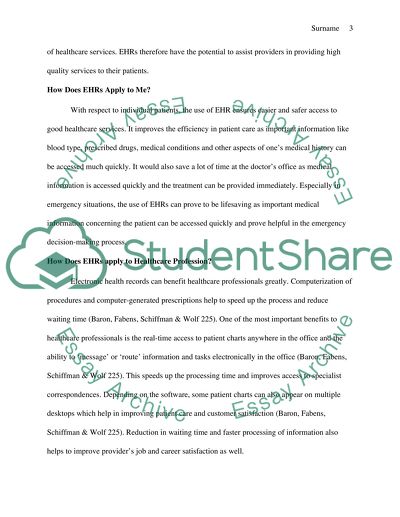Cite this document
(“Electronic Health Record (EHR) Research Paper Example | Topics and Well Written Essays - 1500 words”, n.d.)
Retrieved from https://studentshare.org/health-sciences-medicine/1395696-electronic-health-record-ehr
Retrieved from https://studentshare.org/health-sciences-medicine/1395696-electronic-health-record-ehr
(Electronic Health Record (EHR) Research Paper Example | Topics and Well Written Essays - 1500 Words)
https://studentshare.org/health-sciences-medicine/1395696-electronic-health-record-ehr.
https://studentshare.org/health-sciences-medicine/1395696-electronic-health-record-ehr.
“Electronic Health Record (EHR) Research Paper Example | Topics and Well Written Essays - 1500 Words”, n.d. https://studentshare.org/health-sciences-medicine/1395696-electronic-health-record-ehr.


